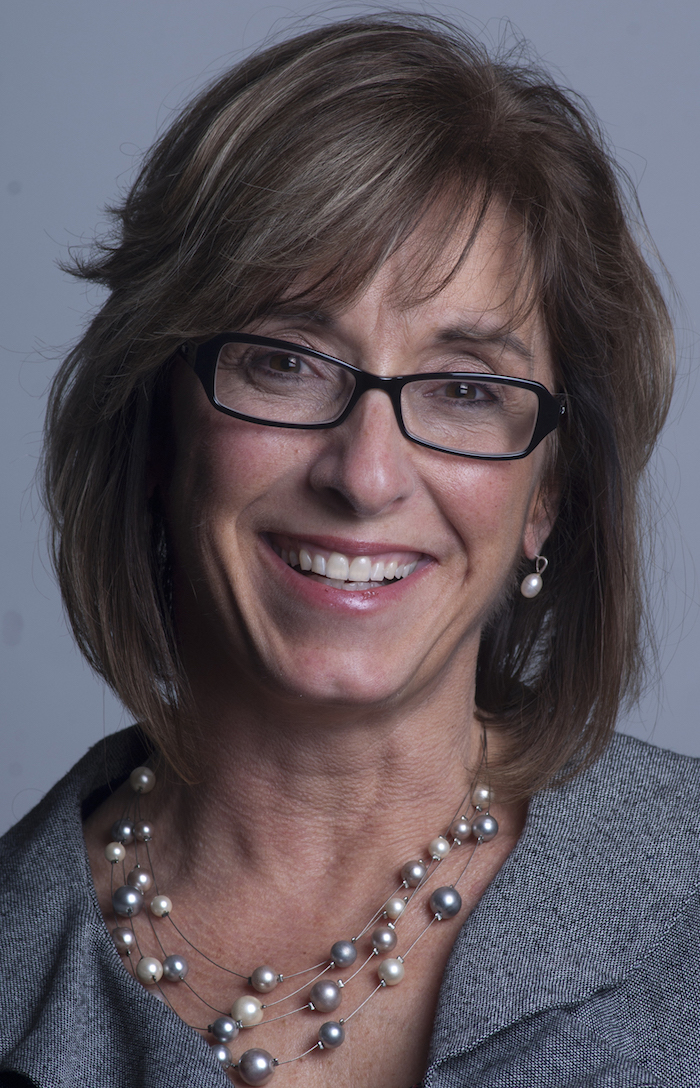Doing the Right Thing in Times of Crisis
By Michele E. Ewing, APR, Fellow PRSA
September 2020
Do crisis situations present unique threats to ethical behavior? How do PR professionals counsel company leaders to make sound ethical decisions during times of uncertainty and respond to threats in a fast-paced, ever-changing environment?
The PRSA Board of Ethics and Professional Standards (BEPS) focused its 2020 programming for Ethics Month in September on sharing the stories of companies doing the right thing during the COVID-19 pandemic and race and equity crises.
“We designed programming to champion companies of all sizes and industries to tell their stories about implementing changes in their business model and operations and/or making major contributions to respond to the coronavirus and race and equity crises,” said BJ Whitman, chair of BEPS and principal of BJW Public Relations.
Cultivating ethical leadership
As articulated in the PRSA Code of Ethics, PR professionals have the ethical responsibilities to serve as responsible advocates and uphold transparent and truthful communication, which should guide the decision-making process and behaviors.
While myriad ethical challenges can arise in a crisis situation, the foundation of sound ethics doesn’t change the response to these issues. Karen Swim, APR, BEPS board member and president and CEO, Words for Hire, emphasized the importance of being proactive with ethics planning.
“If organizations are meticulous about crisis and ethics planning, applying the same rigor to both, the challenge itself will not matter,” Swim said. “Proactive planning affords organizations the opportunity to think through ‘what if’ and plan for it.”
Ideally, ethical leadership is cultivated and nurtured at all levels of an organization. Everyone should feel comfortable reporting ethical concerns without fears of retaliation.
“Ethics must be built into the DNA of the company.” Swim said. “It cannot be a paragraph in onboarding training or a periodic seminar, but must be practiced in every part of the organization.”
Leadership, employees, volunteers and other stakeholders must understand and live the organization’s values and be knowledgeable about codes of ethics, models and other resources to help with making decisions. Swim noted that cultural issues can also be ethical issues, and companies should not shy away from addressing them and ensuring their ethical framework includes them.
As our country searches its soul on race, social justice and equity, much of the guidance we’re seeking begins with the Code of Ethics, as well, explains Mark Dvorak, APR, Fellow PRSA, BEPS board member and executive vice president at Golin.
“Fundamentally, you can’t call yourself ethical if you don’t value, treat and respect all people equitably,” he said. “To do better, don’t just address systems and operations. Address yourself and your thinking, and foster a culture where others are challenged to do the same.”
Through environmental scanning and listening to stakeholders, PR professionals can provide informed, ethical counsel to organization leadership and help foster a culture of doing the right thing, as well as educating and motivating employees to uphold the organization’s values. A culture founded on strong values and ethics is more likely to result in ethical behavior, particularly during crisis situations involving fluid changes and short response times.
“Ethical lapses almost never result from not knowing right vs. wrong,” Dvorak said. “They happen because people choose wrong. Organizations have to make a wrong choice unimaginable.”
Trust and transparency are more vital than ever to build strong relationships and foster ethical leadership.
“Prioritizing employees and all stakeholders is critical to maintaining a strong ethical compass and positive reputation,” said Pete Scott, APR, BEPS board member and CEO, American Academy of Optometry. “While it is important to have the clear guidelines and checklists to make good decisions, the best guidance will come from those who lead with fairness and integrity, deliver on promises, and demonstrate a sense of responsibility to act in the best interest of stakeholders and the community.”
Confronting challenges 24/7 during COVID-19
Communications professionals in hospitals and health systems continue to confront 24/7 communication demands and dilemmas during the COVID-19 pandemic, noted Rhoda Weiss, Ph.D., APR, Fellow PRSA, president, Rhoda Weiss Consulting Group.
She explained that communications and marketing leaders are working side-by-side with other C-suite executives to resolve endless challenges and ethical dilemmas, such as rationalizing the rationing of scarce lifesaving resources and addressing and taking action on racial inequities and health disparities with COVID that go far beyond the pandemic.
Further, telling why — in the face of fear and uncertainty about accessing care — it’s unsafe to delay timely care when needed, which is too often resulting in serious and avoidable health consequences, and also challenges of creatively and convincingly promoting lifesaving protective measures of continual masking and distancing, especially among those believing themselves invincible or an affront to their individual freedom.
Pivoting for success
Pivot is a term often used in 2020 as organizations change business and operations models and the American people address the pandemic and its health, economic, education and other issues.
One example of a company that pivoted its business operation in response to the COVID-19 is Brown-Forman, the parent company of Jack Daniel’s Tennessee Whiskey, which changed the operation of its Jack Daniel’s distillery to producing hand sanitizer.
“We asked ourselves how we can provide assistance to our friends during the coronavirus pandemic,” said Svend Jansen, PR director for Jack Daniel’s. “We worked quickly to create a hand sanitizer on a small scale for our production employees and our frontline health-care workers in Tennessee as they faced shortages.”
There are many other stories about companies making the right decision to do the right thing during the pandemic and the social justice crises, and PR professionals can influence and communicate ethical decisions and behavior.
“Our roles have been valued from the global pandemic to the social justice issues,” Swim said. “We’ve seen a lot of stumbles but also can show that communication is so much more than messaging; it’s driving the consciousness of our organization.”
To learn more from these communicators and others, check out the on-demand and upcoming BEPS webinars, as well as Twitter chat, PRsay posts and other online resources. We also encourage you to share stories about your companies making the right decisions during the pandemic and race and equity crises and beyond.



